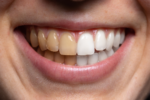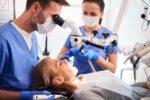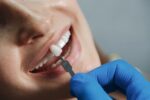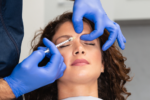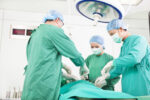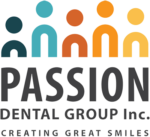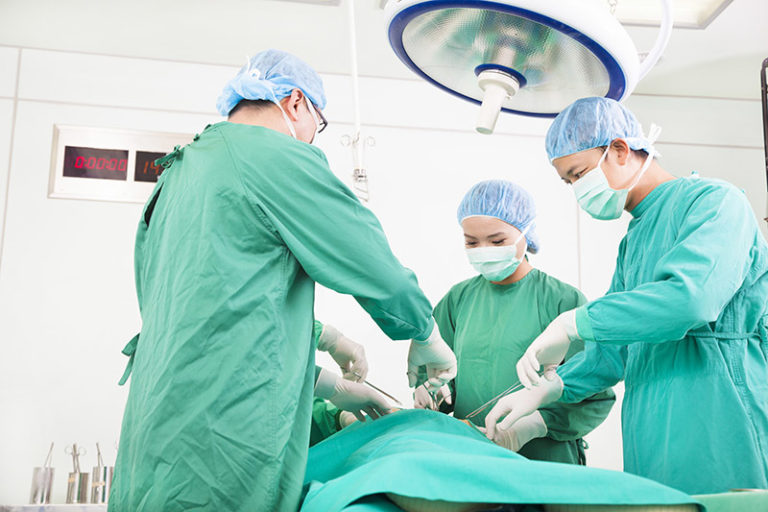
Oral surgeries are vital procedures performed by dental professionals to address a wide array of dental issues. These surgeries range from routine interventions to complex procedures to improve oral health and function. Let’s explore some of the most common oral surgeries, understanding their purposes, processes, and recovery phases.
1. Tooth Extraction:
Among the most prevalent oral surgeries is tooth extraction. This procedure becomes necessary when a tooth is extensively decayed, damaged, or impacted.
Extracting a tooth is often a relatively straightforward process by a dentist involving numbing the area, loosening the tooth, and gently removing it from the socket. Post-extraction care typically includes rest and avoiding strenuous activities to facilitate healing.
2. Wisdom Teeth Removal:
Wisdom teeth, or third molars, often require extraction due to various issues like impaction, crowding, or improper alignment. The surgery involves making an incision, removing the tooth, and sometimes, breaking it into smaller pieces for easier extraction. Recovery might include swelling and discomfort for a few days, managed with pain relievers and a soft diet.
3. Dental Implants:
Dental implants are a solution for missing teeth, involving inserting artificial tooth roots into the jawbone. This surgery has multiple stages, including post-implantation, a healing period for osseointegration (fusion with the bone), and attaching the artificial tooth. Recovery involves maintaining oral hygiene and following a specific diet to aid healing.
4. Root Canal Therapy:
Root canal treatment becomes necessary when the pulp inside the tooth becomes infected or inflamed. During the procedure, the infected pulp is removed, and the inside of the tooth is cleaned, filled, and sealed. Post-surgery care includes pain management and adherence to oral hygiene practices to prevent reinfection.
5. Gum Surgery:
Periodontal diseases can lead to gum recession or pockets between the gums and teeth. Gum surgeries like gingival flaps of gum grafts aim to treat these issues. The procedures involve repositioning gum tissue or grafting tissue from another area onto the gums. Recovery involves careful oral hygiene and following the instructions by the dentist near you to aid healing.
6. Jaw Surgery (Orthognathic Surgery):
Orthognathic surgery corrects jaw misalignments or issues related to the jaw’s skeletal structure. The surgery may involve realigning the jawbones, using plates, screws, or wires to secure them. Recovery varies based on the extent of the surgery and may include a liquid or soft diet and limited jaw movement during healing.
7. Oral Biopsies:
Oral biopsies involve the removal of a small piece of tissue from the mouth to examine it for abnormalities or signs of disease, such as oral cancer. Recovery is usually quick, with minimal discomfort, and results help diagnose and plan further treatment if necessary.
8. TMJ Surgery:
Temporomandibular Joint (TMJ) disorders sometimes require surgical intervention if other treatments haven’t provided relief. Surgeries may involve arthroscopy, open joint repair, or joint replacement. Recovery includes physical therapy and gradually returning to regular jaw movement and function.
Get Oral Surgery With Expert Supervision At Alpen Dental
After any oral surgery near you, following post-operative instructions from the dental professional is crucial. These instructions often include managing pain, swelling, and bleeding, adhering to a specific diet, practicing oral hygiene, and attending follow-up appointments.
While many skip this, our dentist in Red Deer makes sure every patient understands the significance of all these. Oral surgeries encompass a broad spectrum of procedures addressing specific dental issues.
While advancements in technology and techniques have made these surgeries more efficient and less invasive, proper post-operative care remains vital for successful recovery and optimal oral health. Consulting with a qualified dental professional will ensure proper guidance and supervision if you require oral surgery.

